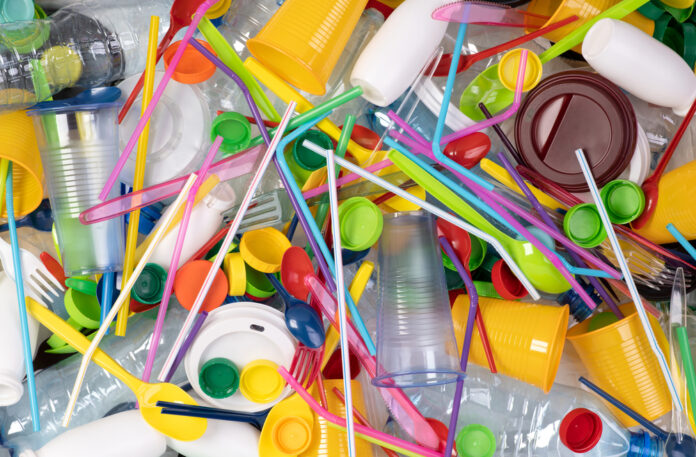The Department of Environment and Natural Resources (DENR) is optimistic about completing the guidelines for incentives to encourage businesses to comply with the Expanded Producers’ Responsibility (EPR) Act, a key policy aimed at reducing plastic waste in the Philippines.
This announcement, made during the launch of the National Plastic Action Partnership (NPAP) in Pasig City, signals the government’s ongoing effort to promote environmental sustainability while balancing economic concerns.
Undersecretary Jonas Leones revealed that talks are underway with the Department of Finance (DOF), the Department of Trade and Industry (DTI), and the Department of Labor and Employment (DOLE) to devise incentive structures for companies that meet EPR requirements.
“We hope to finalize and approve this policy by June 2025,” Leones said, emphasizing that the goal is to streamline waste management practices for plastic packaging such as sachets, rigid plastics, and polystyrene, which the law mandates businesses to manage responsibly.
The EPR Act, which came into effect in 2022, compels companies to take responsibility for the plastic packaging they produce, creating significant operational shifts. However, the DENR acknowledges that compliance can be challenging due to the associated costs and logistical hurdles.
With over 2,000 companies identified as potential EPR participants, only 978 are currently registered, and approximately 700 have submitted compliance reports. To address this, DENR plans to issue notices of violation to non-compliant companies in the coming months, urging them to adhere to the law.
Despite the complexities, Leones highlighted that an outright ban on single-use plastics is not feasible in the short term due to its potential economic impact on essential goods. Without affordable alternatives, such a ban could disproportionately affect consumers, particularly in low-income sectors.
On a broader scale, the NPAP aims to catalyze a transition toward a circular economy. DENR Secretary Maria Antonia Yulo-Loyzaga emphasized that the partnership will unify efforts across sectors, promoting investments in advanced waste management technologies and forging new collaborations. “By adopting circularity, we can transform waste into resources, reduce environmental pressures, and enhance economic and social well-being,” she said.
The Philippines generates an estimated 2.7 million metric tons of plastic waste annually, much of which ends up polluting waterways. As part of the NPAP’s outputs, the government plans to develop comprehensive data on plastic waste production and establish a financial roadmap to assist industries in complying with the EPR, ultimately driving both environmental and economic benefits.
The government’s push to align business practices with sustainability goals represents a critical step in tackling the nation’s plastic waste crisis while fostering innovation and investment in green technologies.







